Depression: Types, Symptoms, Causes ,Tests , Therapy & Treatment
Depression is a serious mental illness that impacts about 10% of adults at some point in their lives. For most people, the feeling of sadness associated with depression isn’t constant and lasts for only a short time. However, in others, it can be much more serious and long-lasting. It’s important to understand what depression is, what the different types of depression are, as well as how you can get help. This article will explain all you need to know about depression and its treatment options so you can take the next steps toward recovery.
Depression is now such a common problem, it is sometimes hard to understand exactly what is depression.
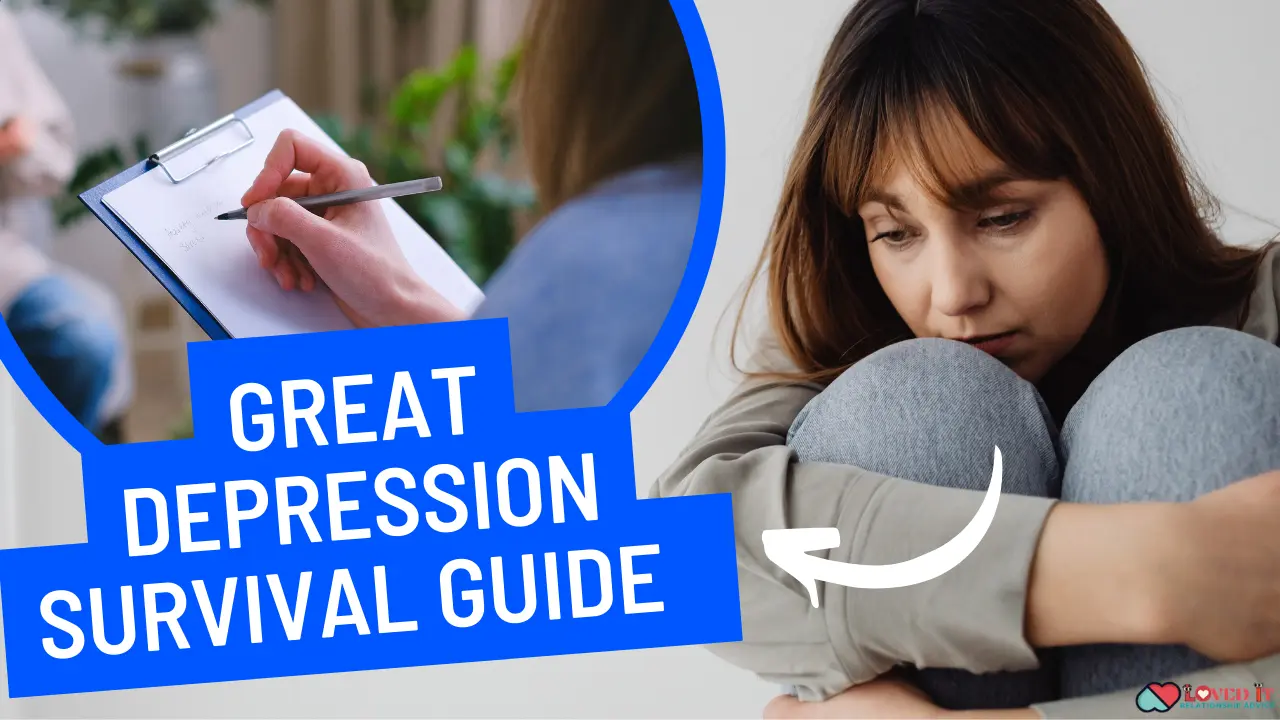 |
| Depression: Types, Symptoms, Causes ,Test , Therapy & Treatment |
Most of us have felt depressed from time to time so it is important to understand the difference between feeling down to being depressed. It seems that we are either diagnosed as depressed or we know someone who is, and it is problem that seems to be on the increase but by making the public more aware of it has enabled suffers to seek support and to understand what is depression. There are sufferers of depression who are still unaware that they are suffering from depression and they go about their day-to-day activities unable to understand why they feel the way they do. Feeling depressed doesn’t mean you have a depressant disorder.
Depression, which is also referred to as major depressive disorder, is a condition that is characterized by prolonged periods of extreme sadness and hopelessness. It is completely normal to get depressed sometimes. However, it is not normal to feel hopeless and blue all of the time.
What is Depression?
Depression is a mood disorder that makes it hard for a person to do their daily activities. It can lead to both emotional and physical symptoms that affect a person’s thoughts, feelings, and behavior. Depression makes it hard to enjoy life and find pleasure in the things you usually enjoy. It can also put a strain on relationships with family and friends. If you’re experiencing depression, you probably already know that something is wrong. But it’s important to understand what depression is, what the different types of depression are, as well as how you can get help. This article will explain all you need to know about depression and its treatment options so you can take the next steps toward recovery.
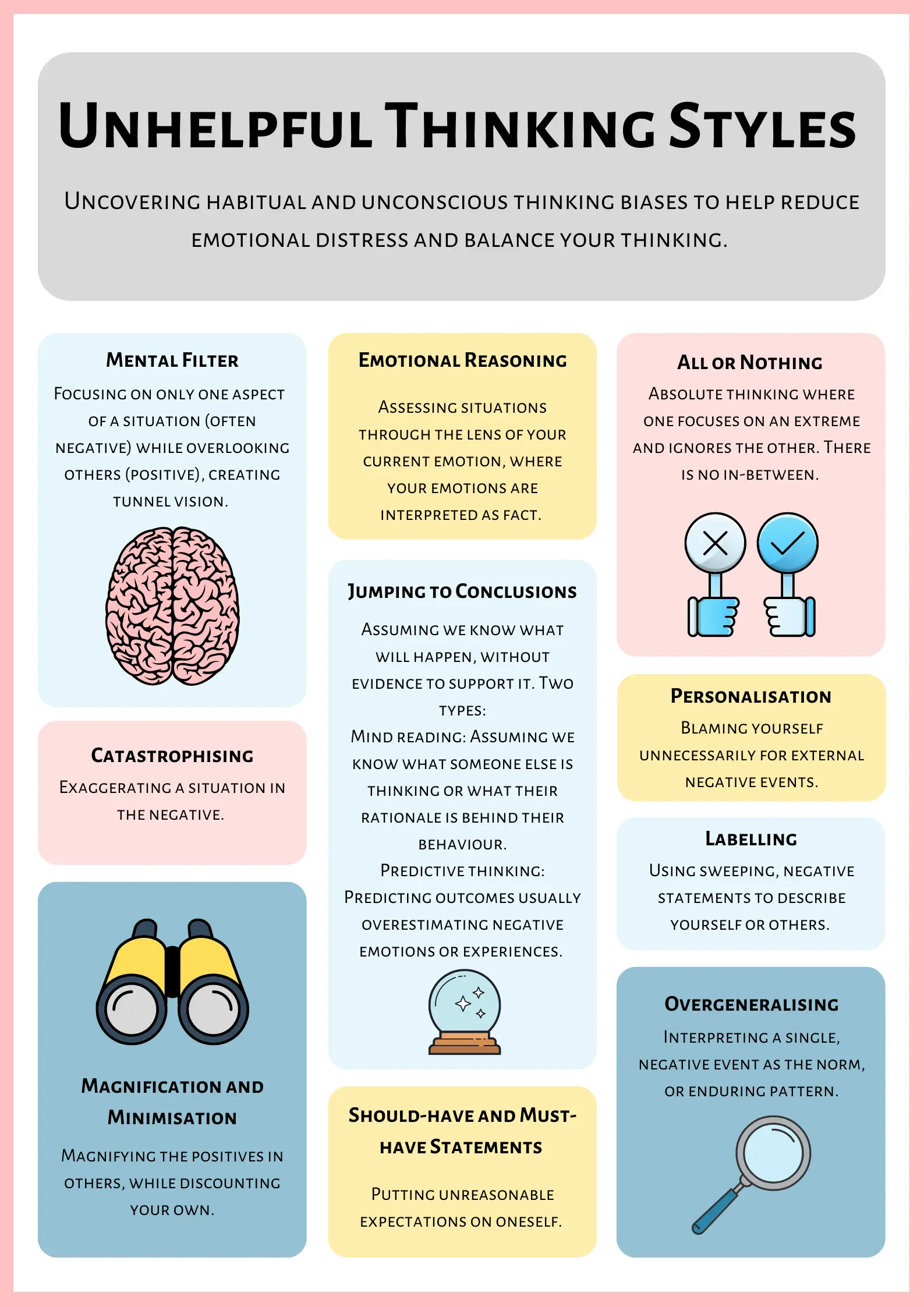 |
| What is Depression? |
Different Types of Depression
There are several different types of depression. Understanding the different types of depression can help you figure out if you or someone you care about may be experiencing this illness. Although the causes of depression can vary, some of the most common types of depression include: - Major Depression - Major depressive disorder (MDD) is the most common type of depression. People with MDD may experience feelings of intense sadness, hopelessness, and/or fatigue. They also may experience changes in appetite, sleep, and/or energy levels. - Bipolar Disorder - Bipolar disorder (BD) is a mental illness characterized by extreme mood swings, including periods of extreme highs (known as mania) and extreme lows (known as depression). - Seasonal Affective Disorder - Seasonal affective disorder (SAD) is a type of depression that is caused by a lack of sunlight, which can reduce serotonin levels in the brain. - Postpartum Depression - Postpartum depression (PPD) is a type of depression that many women experience after childbirth. - Stress-Related Depression - Stress-related depression can occur after a stressful event like the death of a loved one, losing your job, or experiencing a major health issue. - Medical Conditions - Some medical conditions can cause depressive symptoms, including thyroid disorders, arthritis, and fibromyalgia.
Types of depression ( Detailed )
There are many different types of depression and it is a serious illness that can lead to loss of work and independence. In severe cases, it can even lead to suicide. Here are some of the most common types of depression. Types of Depression2 Types of Depression
Major Depression
major depression is one that needs treatment quickly. This form is a long-lasting type of depression that leads to feelings of hopelessness, worthlessness and a sense of being overwhelmed. It is very serious and requires clinical treatment.
This form is a long-lasting type of depression that leads to feelings of hopelessness, It can result in an inability to do common life activities like working, preparing food, studying, sleeping and even eating. Major depression is usually treated with antidepressant drugs. Therapy may also include discussions with a trained professional. Major depression, if left untreated usually only lasts 6 months or so and some suffer only ever experience one bout of depression in their lifetime. There are however, different things that you can do and try to keep yourself on a high and reduce to risk of another bout of depression
Dysthymia
Dysthymic disorder is another type of depression. It is considered less severe than major depression but still leads to a reduced ability to function and feel good and can last a few years. It can be compared to a car that’s out of tune: the sufferer can still operate but without full efficiency. Everything seems to take more work. Those with dysthymia can cycle into full-blown major depression. One hallmark of this disorder is its chronic nature. The sufferer never feels good no matter what happens.
Bipolar Disorder
Also known as manic depression, this type of depression causes sufferers to cycle between periods of extreme euphoria and extreme depression. It is also possible for a sufferer to feel some effects from both states at the same time. When the impulsive aspects of mania are combined with the devastating hopelessness caused by depression, the risk of suicide is increased.
These are just the most common types of depression. Other types also exist. Moderate and mild depression is also common, though they do not fit into the major categories. Doctors and researchers also use a category called “unspecified depression” to classify those who definitely have depression but don’t fit into one of the major categories.
These are just some of the different types of depression and it can vary from person to person.
Symptoms of Depression
If you think that you or someone you care about may be experiencing depression, it’s important to understand the symptoms of depression. These symptoms may differ depending on the type of depression a person has. Some of the most common symptoms of depression include: - Extremely low mood - People with depression often describe feeling an intense low mood that can be accompanied by feelings of guilt, hopelessness, and/or worthlessness. - Difficulty enjoying life - People with depression often find it difficult to enjoy the things they once found pleasurable, such as hobbies, social activities, and/or time with loved ones. - Having changes in appetite - Some people with depression experience changes in their appetite, either eating more or eating less than usual. - Changes in sleep - People with depression may experience changes in their sleep, including insomnia (too much time awake during the night) or sleeping too much. - Changes in energy - Many people with depression experience a lack of energy, feel physically drained, or have a reduced ability to do regular activities. - Negative thoughts - People with depression often have negative thoughts and may find themselves ruminating on their past experiences or fearing the future. - Feeling hopeless - People with depression may feel hopeless about the future, have negative thoughts about themselves, and/or feel guilty about things they have done in the past. - Feeling guilty - People with depression often feel guilty about things they have done in the past and/or feel pessimistic about their future. - Physical symptoms - Some people with depression experience physical symptoms, including muscle aches, unexplained changes in weight, trouble with regular activities, and/or feelings of worthlessness.
Causes of Depression
 |
| Causes of Depression |
Although the exact causes of depression can vary from person to person, some of the most common causes of depression include: - Genetics - Research has shown that genes play a significant role in the development of depression. - Early life experiences - A person’s early emotional experiences may have an impact on their mental health as an adult. - Brain chemistry - Research has shown that changes in the brain’s chemistry can cause depression. - Significant life events - Some major life events can trigger depression, including the death of a loved one, divorce, losing a job, and/or moving out of the house. - Major medical conditions - Some medical conditions can contribute to depression, including hypothyroidism, diabetes, arthritis, fibromyalgia, and/or cancer.
What Causes Depression ( detailed )
What causes depression can be many and varied and unlike some other medical ailments that can be cured with some antibiotics or an operation, finding out what causes depression is much more complicated.
Depression is a complex mental illness and there are numerous reasons in why the disease can occur. Although it is difficult to attribute what causes depression to a single factor, it is likely that a combination of biological, environmental, genetic and psychological factors contribute to the development of depression.
Biological Factors
In trying to understand what causes depression, it seems to appear that there is a key difference in the brains of depressed people in comparison to those who are not affected by suffering
dealing with depression. Studies utilizing MRI scans have revealed that areas of the brain that control behavior, thinking, appetite, mood and sleep are significantly different among depressed individuals. Neurotransmitters have also been implicated in what causes depression as it is hypothesized that individuals with depression have decreased amounts of serotonin and or epinephrine.
Environmental Causes
In the “male” world, some of us would jokingly say that what causes depression for us was that our football team is losing games or our truck has broken down again but today we seem to be seeing more cases of depression in men who are trying to handle home, family & work commitments. We see more and more depression in women who are also trying to handle workloads, relationships & family. Then we have depression in teenagers due to studies, exam result expectations & even bullying. Then at the other end we have depression in older adults as they retire and then get in a rut, or start seeing loved ones pass one. Everyday life seems to have a potential trigger for what causes depression. Then to top it all off we have depression in the workplace due to conflicts in interpersonal relationships, traumatic events such as abuse and stress from work or school. Social isolation and major events such as graduating, moving, marriage, losing a job or getting divorced have also been identified as additional triggers for what causes depression.
Psychological Factors
Specific personality traits such as low self-esteem, a pessimistic attitude, passive behaviors, perfectionist thinking and emotional sensitivity may be another reason for what causes
People with these personality traits are more likely to view themselves negatively, particularly when they encounter a problem or major life event. In this way, it is thought that environmental and psychological causes of depression are closely related.
Once you have been able to understand what causes depression, you can then start to make plans to move ahead
Take depression test
LovedIt depression Test helps you to find out whether you are in depression or not, maybe you feel bored, unhappy, or flustered and you think that you are depressed
simple download our exclusive depression test Sheet and print out the paper and take the test
now you depression judge on the bases of the score that range between
- No Depression - At 05 Score
- Normal but unhappy - At 6-10 Score
- Mild depression - At 11-25 Score
- Moderate depression - At 26-50 Score
- Severe depression - At 51-75 Score
- Extreme depression - At 76-100 Score
What to do if you range between 11 - 100, just contact your phycologist or take therapy or contact our phycologist for free
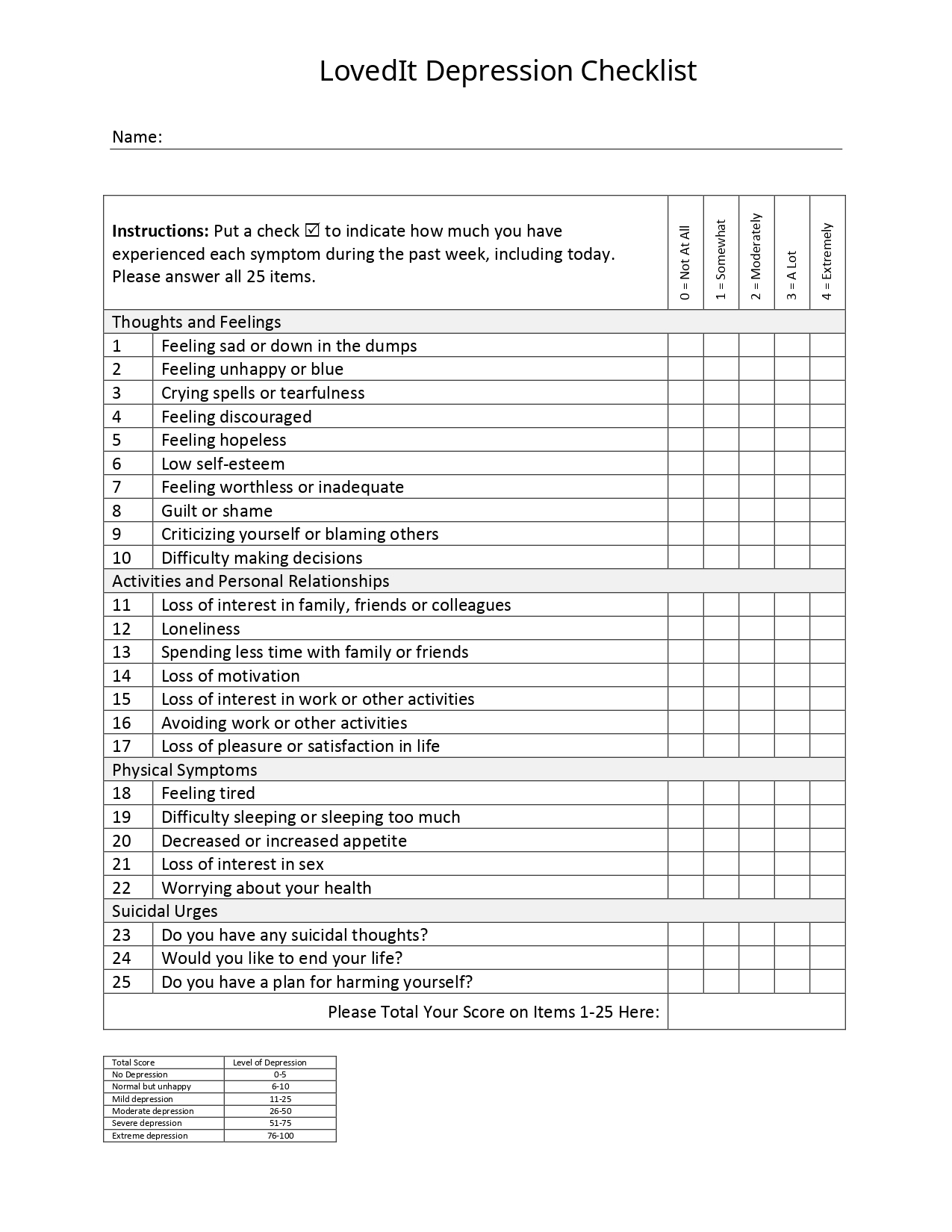 |
| Lovedit depression test |
Also Read - Am I Depressed Or Lazy – These 5 Questions Will Answer Am I Depressed
Treating Depression
If you think that you or someone you care about may be experiencing symptoms of depression, it’s important to get help as soon as possible. There are various different treatment options for depression, including lifestyle changes, therapy, and medication. Although each treatment option for depression may work differently for different people, most are effective when used in combination with one another. You should start by talking to your doctor about what level of treatment is right for you. Your doctor can help you decide if you may be experiencing depression and can discuss treatment options with you.
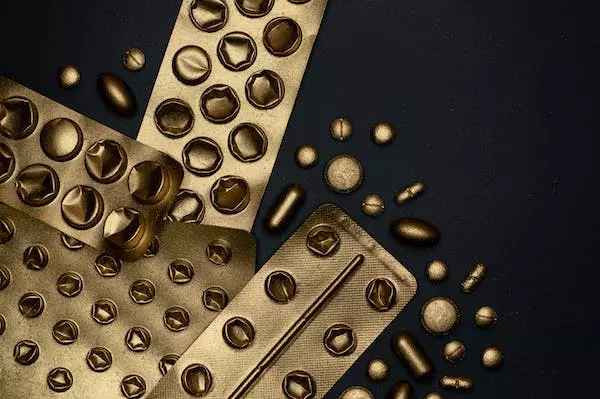 |
| Treating Depression |
Treatment options for depression
The best treatment options for depression will be dependent on what caused the onset of depression in the first place, then it can be a great benefit as to which treatment options for depression is the best suited for you to overcome your problem. It may be that you have lost a loved one recently or due to a career change, you find yourself in a strange environment or maybe even a new location away from your usual family & friends. Sometimes the problem can be helped by getting involved in a community/hobby group that is of interest to you, as then you will be socializing and not sitting at home thinking negative thoughts.
A lot of the time the best treatment option for depression is a change in your lifestyle, some professional help and social support groups can make a world of difference for you. The main thing is to ask for help before it gets out of hand.
usually consists of a combination of therapy and medication. Family therapy, group therapy and cognitive-behavior therapy are three of the different types of therapy available.
- Family therapy helps both the depressed person and his family understand depression.
- Group therapy allows people to talk to other people who are also dealing with depression.
- The aim of cognitive-behavior therapy is to help an individual understand the negative thoughts that can contribute to depression.
Some other treatment options for depression is to simply get out of your current environment, start going for walks, meet new people, and do anything to break the cycle that you are in. Unfortunately, today we see more and more cases of depressed seniors, teenagers men and women who get so far down that they look to drugs or alcohol as a substitute for treatment options for depression
Easy Cures For Depression
Lifestyle and dietary cures for depression are the best way to treat depression because these cures for depression improve other aspects of your health. Your diet has a pivotal role in your physical and mental well-being. Many people in industrialized societies eat diets dominated by processed foods devoid of any detectable nutritional value. Most foods are grown in depleted soil, raised in cramped pens, fried beyond recognition and washed down with soda or alcohol. The American diet is a risk factor for depression and anxiety because it doesn’t provide the nutrients that are vital for healthy brain function and normal mood levels. This diet also causes heart disease, stroke, obesity and diabetes.
Cures For Depression In Teenagers
Cures for depression in teenagers begin with diets that support the nutritional requirements of their rapidly developing bodies. Peer pressure increases the risk that teenagers will adopt unhealthy eating habits that cause electrolyte imbalances, vitamin deficiencies, dehydration and malnutrition. This can start a pattern in which the eating disorder causes depression and the depression intensifies the eating disorder. You can help your child maintain a healthy weight and mood with a nutritious diet and exercise. Ensure that your child receives locally grown vegetables and fruits, whole grain products, organic lean protein, wholesome snacks and beverages, such as pure fruit juices, milk and water. Exercise will encourage your child’s body to release brain chemicals that naturally relieve depression.
Cures For Depression in women
One of the most important cures for depression in women is to lower stress levels. This will also reduce your risk for diabetes. More than half of the 23 million people who have diabetes also meet the criteria for depression. An Archives of Internal Medicine study of 65,000 women confirmed that diabetes increases the incidence of depression and depression increases the incidence of diabetes. According to the study’s lead author, stress is the primary reason for the two conditions. Stress releases cortisol alters blood glucose metabolism, and elevates insulin resistance and your risk for depression. Effective cures for depression include exercise, meditation, controlled breathing and massage.
Also Read - How to Help With Depression
Cures For Depression Without Medicine
Important cures for depression without medicine include a nutritious diet, nutritional supplements and exercise. A healthy diet is a foundation for a comprehensive depression treatment regimen. Nutrient-rich food will provide your body with the materials that it needs for energy and repair. Whenever possible, you should source your food locally or grow it yourself to ensure that it contains the maximal nutritional value. If you don’t have a well-balanced diet or have additional nutritional requirements that you can’t meet with your diet, you can use multivitamins to bridge the gap. You can also take St. John’s Wort. Clinical evidence supports its ability to reduce depression, and anxiety and improve sleep. Purchase your supplements from reputable manufacturers and take them as directed. The medical literature has countless studies on the antidepressant effect of exercise. Cures for depression don’t require that you enter a triathlon or climb Mt. Everest to experience the mood-lifting benefits of exercise.
You can improve your overall well-being when you try cures for depression.
Therapy For Depression – Get Relief With Therapy For Depression
Therapy for depression is important because therapy for depression can change the course of the illness. According to World Health Organization statistics, depression is the foremost cause of disability and the fourth most prevalent reason for disease in the world. Chronic depression weakens neural pathways and intensifies unhealthy thoughts and behaviors. It affects the quality of your life, and employment opportunities and increases your risk for diabetes, cardiac disease and other illnesses. Early and effective treatment increases your prospects for full remission.
Therapy For Depression In Teenagers
Therapy for depression in teenagers can significantly reduce the incidence of recurrent episodes of the disorder. In a recent study published in the Journal of the American Medical Association, researchers conducted a large-scale study of high-risk teenagers with depression. Half of the 316 adolescents were placed in a cognitive-behavioral therapy (CBT) group. They were taught problem-solving skills and coping techniques to mitigate depressing and illogical thoughts. The other participants received usual care and mental health therapy if they requested the service. The rate of recurrent episodes for the CBT group and the usual care group was 11.7% and 40.5% respectively.
Therapy For Depression In Children
Depression in toddlers and pre-teens is a rare, but growing phenomenon. Clinicians say that anxiety is the underlying reason for this disturbing trend. Two types of therapy for depression in children are interpersonal therapy (IPT) and CBT. During CBT sessions, children learn to change the “cup is half empty” proverbial mindset that characterizes major depression. Therapy sessions focus on interrupting the reflexive negative thoughts that worsen depression. IPT concentrates on the child’s self-image and relationships with family and peers. Experts recommend complementing these forms of psychotherapy with exercise, social support and family psychoeducation.
Therapy For Depression And Anxiety
Many clinicians believe that the most effective therapy for depression and anxiety is a combination of CBT, exposure therapy and drug therapy. CBT helps you understand that regardless of the circumstances, you control your emotions and actions. The benefits of CBT usually occur after the 16th weekly session. Exposure therapy helps you tackle memories, thoughts and objects that trigger your anxiety and depression. Your therapist will encourage you to revisit distressing experiences in a safe, therapeutic setting. Over time, this therapy for depression will diminish your distress. If your symptoms interfere with your daily activities, your therapist may recommend an antidepressant or anti-anxiety medication.
Therapy For Depression Electroshock
Therapy for depression using electroshock is for people with severe depressive symptoms who don’t respond to standard treatments. According to psychiatrists in Britain, electroshock therapy can cure depression in 80% of patients treated. The procedure delivers an electrical shock to your brain that induces a 40-second seizure. This seizure causes your brain cells to release neurotransmitters. The entire procedure takes less than 15 minutes. Your doctor will give you a general anesthetic and a muscle relaxer to prevent convulsions. You will awaken five to ten minutes later and be observed in the recovery room. Most patients undergo this outpatient procedure in six separate sessions that are scheduled approximately three days apart.
Therapy for depression can help you reclaim your life.
Helplines By LovedIt For You For Absolutely Free
#YouAreNotAlone
Disclaimer: NGO mentioned below are the partners of lovedit and they are ready to work for you without any profit motive and if any caused by them so lovedit is not responsible.
Mitram Foundation
Mitram Foundation is a suicide prevention helpline that aims to offer emotional support to those going through a crisis in their lives, especially the distressed, depressed and suicidal.
Helpline Number
Helpline: 080 2572 2573, +91 901 9708133
Time
Time: 10:00 AM - 02:00 PM | All days of the Week (10:00 AM - 04:00 PM from September 10, 2021)
Languages
Languages: English, हिंदी
Email: share@mitramfoundation.org
Arpita Suicide Prevention Helpline
Arpita Suicide Prevention Helpline located at Ramaiah Hospital is one of the services of Arpita Foundation, started in 2019 by a group of Experienced Volunteers from various Institutions to reach
Helpline Number
Helpline: 080-23655557
Time
Time: 10:00 AM - 01:00 PM | 02:00 PM - 05:00 PM | Monday to Friday
Languages
Languages: English, हिंदी, उर्दू, ಅವುಗಳನ್ನು, தமிழ், తెలుగు, മലയാളം, Konkani, Assamese, ગુજરતી, বাঙালি
Email: arpita.helpline@gmail.com
Vandrevala Foundation
Cyrus & Priya Vandrevala Foundation is a non-profit organisation that aims to provide significant funding and aid contributions for those suffering from mental health problems and illnesses
Helpline Number
Helpline: 9999 666 555 | WhatsApp: +1(256)6662142
Time
Time: 24x7 | All days of the week
Languages
Languages: English, Hindi, Gujarati, Marathi, Tulu, Tamil, Telugu, Malayalam, Kannada, Oriya and `Bengali.
Email: help@vandrevalafoundation.com
Parivarthan
Parivarthan Counselling, Training and Research Centre is a registered, non-profit society that provides multimodal services in the field of mental health.
Helpline Number
Helpline: +91-7676602602
Time
Time: 1:00 PM - 10:00 PM | Monday to Friday
Languages
Languages: All Indian languages except తెలుగు, മലയാളി
iCALL
iCALL is a psychosocial helpline for individuals in emotional and psychological distress. They provide professional and free counseling through technology assisted mediums such as telephone, email.
Helpline Number
Helpline: 022-25521111, +91-9152987821
Time
Time: 08:00 AM - 10:00 PM | Monday to Saturday
Languages
Languages: मराठी, বাঙালি, తెలుగు, हिंदी, English
Email: icall@tiss.edu
Sangath
Sangath is a not-for-profit organisation working in Goa, India for 24 years to make mental health services accessible and affordable. They have a dedicated COVID 19 well-being centre.
Helpline Number
Helpline: 011-41198666
Time
Time: 10 AM -6 PM
Languages
Languages: Hindi, English, Marathi, Konkani
Email: contactus@sangath.in
Voice That Cares (ROCF)
Voice That Cares is a free public helpline that provides psychosocial counselling support on a wide range of mental health matters including anxiety, fear, panic attacks, guilt, grief, loneliness.
Helpline Number
Helpline: 8448-8448-45
Time
Time: 9am-9pm | 7 days a week
Languages
Languages: English and Hindi
Email: info@rocf.org
COOJ Mental Health Foundation (COOJ)
COOJ Mental Health Foundation (COOJ) works towards promoting mental health in Goa under four major needs: Psycho-social rehabilitation, Suicide Prevention, Elder Care and Community Mental health.
Helpline Number
Helpline: +91-8322252525
Time
Time: 01:00 PM - 07:00 PM | Monday to Friday
Languages
Languages: English
Connecting Trust
Connecting NGO is a non-judgemental, non-advisory, confidential and anonymous space for those feeling low, distressed and/or suicidal.
Helpline Number
Helpline: +91-9922001122, +91-9922004305
Time
Time: 12:00 PM - 08:00 PM | All days of the week
Languages
Languages: English, हिंदी, मराठी
Email: distressmailsconnecting@gmail.com
Roshni Trust
Roshni trust is a voluntary organization that values human life. Roshni helpline comes under its umbrella. Roshni helpline provides free and confidential service by providing emotional support
Helpline Number
Helpline: 040-66202000, 040-66202001
Time
Time: 11:00 AM - 09:00 PM | Monday to Sunday
Languages
Languages: తెలుగు, اردو, हिंदी, English
Email: roshnihelp@gmail.com
Lifeline
Lifeline offers a free tele-helpline providing emotional support to people who are in despair, depressed or suicidal. Face to face befriending with prior appointment is also available.
Helpline Number
Helpline: 033-40447437, +91-9088030303
Time
Time: 10:00 AM - 10:00 PM | Monday to Sunday
Languages
Languages: বাঙালি, हिंदी, English
Email: lifelinekolkata@gmail.com
Fortis
To reaffirm the commitment towards ensuring emotional health and well-being of students at various levels of academics in school, Fortis Healthcare is running a helpline program as a continuing.
Helpline Number
Helpline: +91-8376804102
Time
Time: 24 Hours | Monday to Sunday
Sumaitri
Sumaitri is a crisis intervention centre for the depressed, distressed and suicidal. It provides unconditional and unbiased emotional support to anyone who calls, visits or writes to them.
Helpline Number
Helpline: 011-23389090, +91-9315767849
Time
Time: 02:00 PM - 10:00 PM | Monday to Friday | 10:00 AM - 10:00 PM on Saturday & Sunday
Languages
Languages: हिंदी, English
Email: feelingsuicidal@sumaitri.net
Samaritans Mumbai
Need someone to talk to? Call us if you are disturbed, stressed, depressed or suicidal. We provide complete anonymity and strict confidentiality. You can talk to us about your innermost thought
Helpline Number
Helpline: +91-8422984528, +91-8422984529, +91-8422984530
Time
Time: 05:00 PM - 08:00 PM | Monday to Sunday
Languages
Languages: मराठी, हिंदी, English
Email: talk2samaritans@gmail.com
Mann Talks
A Shantital Shanghvi Foundation initiative, Mann Talks focuses on empowering individuals to take charge of their mental health. A team of trained mental health professionals offers an empathetic.
Helpline Number
Helpline: +91-8686139139
Time
Time: 09:00 AM - 06:00 PM | Monday to Sunday
Languages
Languages: हिंदी, English
Conclusion
Make sure to get help if you think you or someone you care about may be experiencing symptoms of depression. There are various different treatment options for depression, including lifestyle changes, therapy, and medication. With the right treatment, you can relieve the symptoms of depression and start enjoying life again. With this information, you can be better prepared to recognize the signs and symptoms of depression, know the different types of depression, and understand the different ways you can treat it. With the right treatment, you can relieve the symptoms of depression and start enjoying life again.
Frequently asked questions
Can depression run in families?
People who have a family history of depression are more likely to develop it. However, depression can develop in patients who do not have a family history of it.
Can depression be prevented?
There is no surefire way to prevent depression, but there are things that people can do to reduce their risk of developing it. Exercising, not using drugs and surrounding oneself with positive people can help fight off feelings of depression. Also, learning how to manage stress, eating good healthy foods and maybe even learning relaxation techniques can be of a great benefit. There have been parents who have used relaxation cds for themselves but also play the cds at night for any child that is having stress issues as an alternative treatment option for depression . If none of these treatment options for depression are enough then seek help from a professional doctor as there are plenty of treatment options available for your particular situation
What exactly causes depression
Doctors do not know exactly what causes depression. However, they do believe that chemical changes in the brain can put a person at risk for developing this condition. Life-changing events, such as divorce and losing a job, can also cause a person to become depressed. Whether you are a sufferer or you know someone who is, having a better understanding of what is depression can help you on your road to recovery.


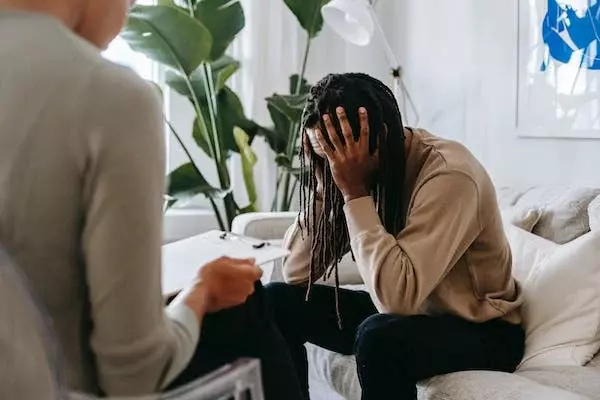
Post a Comment